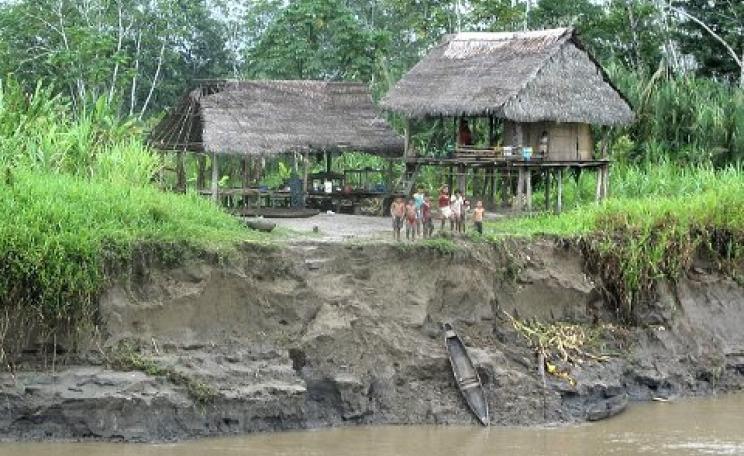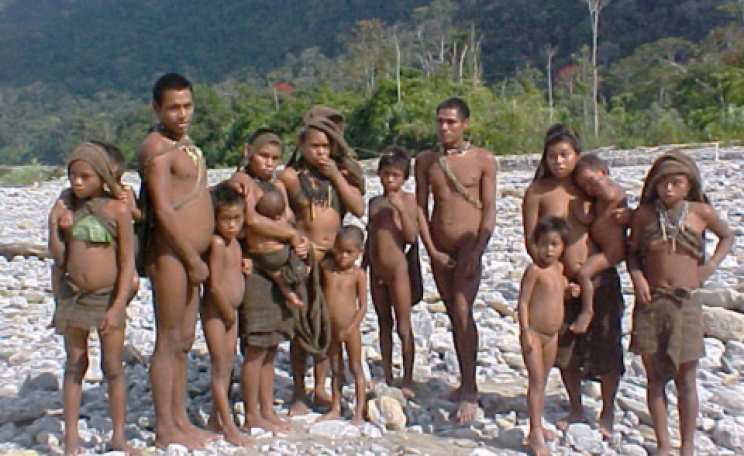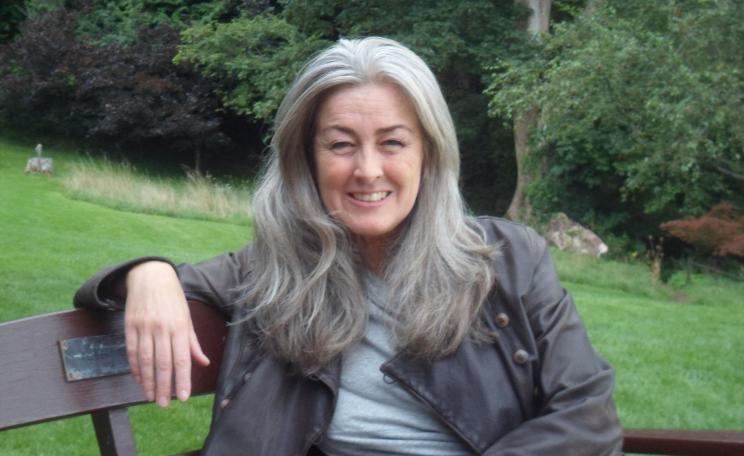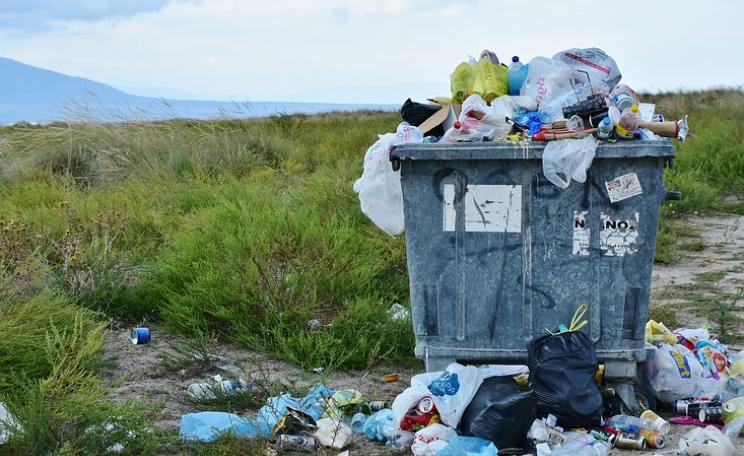It is essential to uphold the principle of no contact in order to ensure their fundamental rights are upheld, including the right to life and integrity.
The Peruvian Government has given permission for the Camisea gas project expansion onto the land of uncontacted Amazon indigenous communities.
The decision was made despite international outrage, the resignation of three ministers, and condemnation by the United Nations and international human rights organizations.
Peru's Ministry of Culture, tasked with protecting the country's indigenous population, has approved plans by oil and gas giants Pluspetrol (Argentina), Hunt Oil (US) and Repsol (Spain) to expand into a designated reserve for the protection of indigenous Peoples.
They will now proceed to detonate thousands of explosive charges, drill exploratory wells and allow hundreds of workers to flood into the Nahua-Nanti Reserve, located just 100km from Machu Picchu.
No activity should be authorized
Congresswoman Vanessa Mendoza commented: "No activity should be authorized in this highly vulnerable area without implementing the highest safeguards for the integrity of the indigenous peoples.
"The Ministry of Culture has made its decision about the project plans without having first carried out an adequate anthropological study."
The expansion could decimate the uncontacted tribes living in the reserve, as any contact between gas workers and the Indians is likely to result in the spread of diseases or epidemics to which the Indians lack immunity.
As Peru's Ombudsman stated in 2006: "A rise in diseases such as syphilis, respiratory diseases and influenza has been reported, which in some cases have led to deaths in native communities and amongst indigenous peoples in isolation and initial contact."
Or as UN Special Rapporteur James Anaya recently argued: "It's clear that these peoples are extremely vulnerable, which is why the government and company must act with extreme caution and should not go ahead with the proposed expansion before first assuring conclusively that the (tribes') human rights are not at threat."
And Pluspetrol admits as much ...
Pluspetrol itself recognizes the devastating impact the expansion could have. In its 'Anthropological Contingency Plan' the company states that any diseases transmitted by workers could cause "prolonged periods of illness, massive deaths, and, in the best cases, long periods of recovery."
"Given the impossibility of establishing direct contact with the populations in isolation in the Kugapakori-Nahua-Nanti Reserve it is difficult to understand the magnitude of the effects that the project could have on them.
"In terms of evaluating the impacts (on the tribes), it is assumed that any activity different to that in their daily lives will generate fear, concern and changes in the ways they see and conceive of the world."
It is essential to uphold the principle of no contact in order to ensure their fundamental rights are upheld, including the right to life and integrity.
In the beginning, there was Shell ...
When oil giant Shell first started explorations in the area, it led to the death of nearly half the Nahua tribe. Tomás, a Nahua man, recalls the devastation that followed Shell's activities:
"Many, many people died. People dying everywhere, like fish after a stream has been poisoned. People left to rot along stream banks, in the woods, in their houses. That terrible illness!"
The project violates Peruvian and international laws which require the consent of any projects carried out on tribal peoples' land.
International protests
Last year, protests were held around the world to stop the expansion of Camisea, and more than 131,000 Survival supporters have sent a message to Peru's President Humala demanding a halt to the oil and gas work on uncontacted tribes' land.
Today, Survival handed the list of the thousands of petition signatures to the Peruvian embassy in London.
As a result of the high profile campaign by tribal rights organization Survival International, local organizations AIDESEP, FENAMAD, COMARU and ORAU, and others, to stop the expansion, seismic testing has been averted from riverways and the location of one well was moved from the land of an isolated tribe.
Has Peru learnt nothing?
Survival's Director Stephen Corry said: "Thirty years ago workers prospecting for the Camisea deposit penetrated deep into the territory of the Nahua people - and soon after, half the tribe were wiped out by flu and similar diseases.
"Has the Peruvian government really learnt nothing from history, that it is prepared to risk this happening again for the sake of a few more gas wells?"
And according to the Inter-American Commission on Human Rights, "Given that uncontacted tribes do not have immunity against common diseases, contact can lead ... to epidemics that can result in the death of entire peoples.
"It is essential to uphold the principle of no contact in order to ensure their fundamental rights are upheld, including the right to life and integrity, the right to their lands and ancestral territories, and the right to culture and health."
Oliver Tickell edits The Ecologist.







